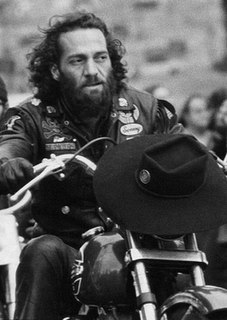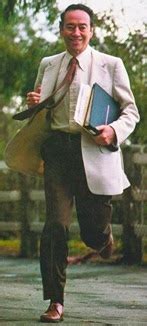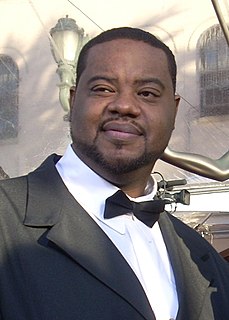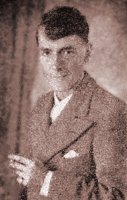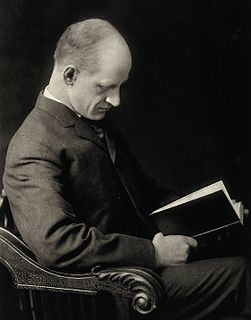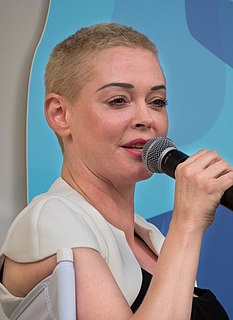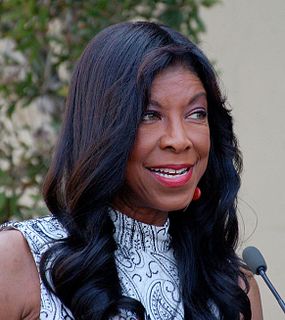A Quote by Patrick Soon-Shiong
You'd believe that a patient with hypertension, if you know you have hypertension or diabetes, you would take your drug every day. The compliance rate is more like 30% or 40%. Which means that 60% of patients don't take their drugs, and they actually go into these crises, end up in the hospital.
Related Quotes
I don't feel drugs should be illegal. I don't think people should take drugs every day, but I don't see any difference with people taking drugs like they drink. Take drugs on Saturday night and go to a party and have a good time and have somebody drive you home or whatever it is so you don't hurt anybody else, that's fine. But if you wake up Monday morning and take 'em again you're a drug addict. But, they should be legal.
A few drugs - such as beta-blockers, statins and glycogen control medications - have proved very effective at managing hypertension, heart disease, diabetes and strokes. Most insurance plans charge something for them. Why not make drugs like these free? Not for everyone, but just the groups for whom they are provably effective.
An Asian way of eating and living may help prevent and even reverse the progression of coronary heart disease, diabetes, hypertension, obesity, prostate cancer and breast cancer. Incorporate more fruits, vegetables, whole grains, legumes, soy products and fish in your diet. Eat at home more with your family and friends.
The survival rate of Dr Burton's patients approximately doubled the maximum survival rate of conventionally treated patients. Had these findings pertained to a chemotherapy drug instead of IAT, massive amounts of funding would have been allocated to investigate the drug. Once again, the politics of cancer barred a potentially valuable treatment from reaching the public.
We'll work on relaxation strategies and also changing the times you go to bed will actually make them sleep a little bit less for a few nights so their body's natural sleep drive starts to kick in. That is very effective in about 60% to 70% of patients who do it, four to eight sessions, not even every week; it works for 60% to 70% of patients.


